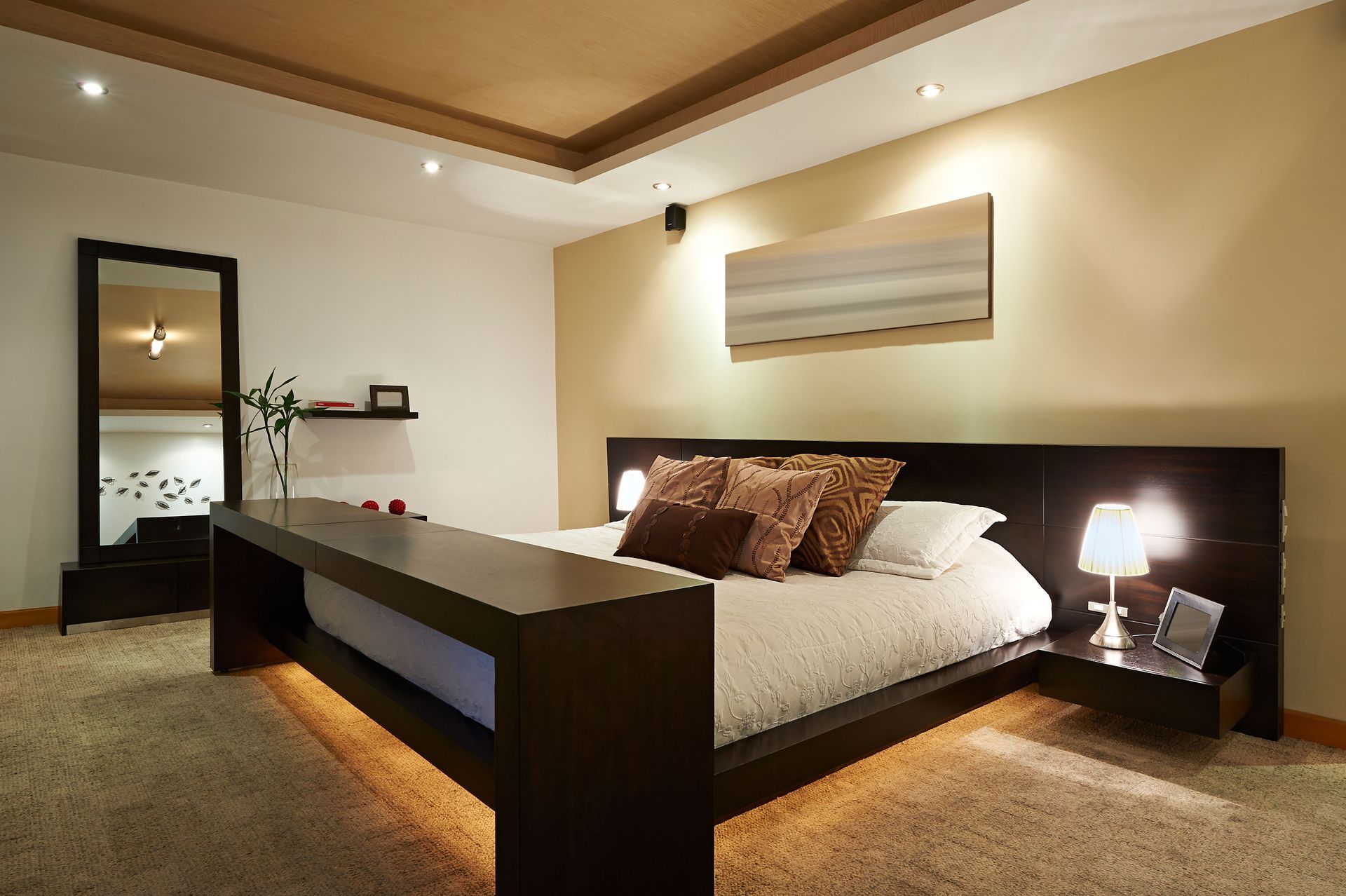The Connection Between Light and Sleep: What You Need to Know
Sleep is a fundamental pillar of our health, affecting everything from our mood to our immunity. Yet, in our modern lives, exposure to certain light can often disrupt this vital restorative process. Both natural and artificial lighting play crucial roles in determining the quality and quantity of our sleep. Understanding the intricate relationship between light and sleep can help us make more informed decisions when hiring an electrician who can contribute to better overall well-being.
The Role of Natural Light in Sleep Cycles
Our sleep-wake cycle is regulated by our circadian rhythm, a natural internal clock that responds heavily to light cues. When exposed to natural daylight, our bodies signal the production of serotonin, a hormone that keeps us alert and energized. As evening approaches and light fades, the production of melatonin, a hormone that promotes sleep, increases. This delicate balance is essential in ensuring a restful night's sleep, highlighting why the right lighting is crucial for maintaining proper sleep patterns.
The Role of Artificial Light in Disrupted Rest
Artificial light can significantly disrupt this natural rhythm, especially in the evening. The blue light emitted by screens and certain lighting can trick the brain into thinking it's still daytime, thereby suppressing melatonin production. According to Nature, increased nighttime light exposure is also associated with decreased sleep quality. This disruption can lead to a multitude of issues, such as difficulty falling asleep or achieving deep, restorative sleep, ultimately impacting overall health and cognitive functions.
The Role of the Right Lighting in Better Sleep
Furthermore, different types of artificial light have varying effects on our sleep quality. Cool white lights, commonly found in many household bulbs, have been shown to be more stimulating and may interfere more with sleep than warm, yellow lighting. By being more mindful of the types of light we're exposed to—particularly before bedtime—individuals can greatly improve their sleep environment. This includes using dimmer, warmer lights in the evening and minimizing exposure to screens leading up to bedtime.
The relationship between light and sleep is intricate and impactful, influencing many aspects of our health. By understanding how light affects our circadian rhythm, we can make better choices about our lighting environments. Through mindful consideration of both natural and artificial light exposure, we can enhance our sleep quality and, by extension, our overall health and well-being. Are you in need of an electrician to install the proper lighting? Call Frain Electric for more information and get some of the best sleep through the night.








Share On: